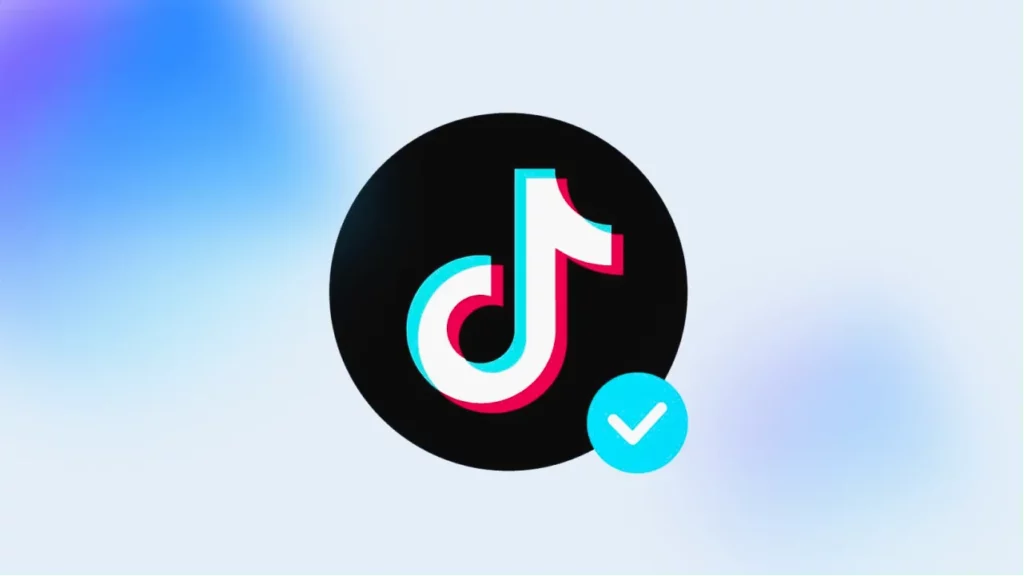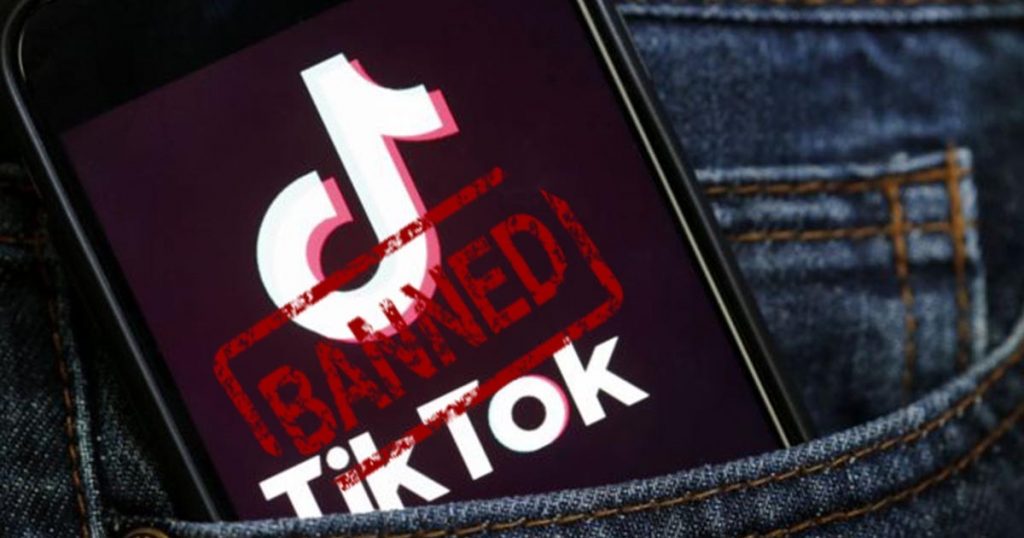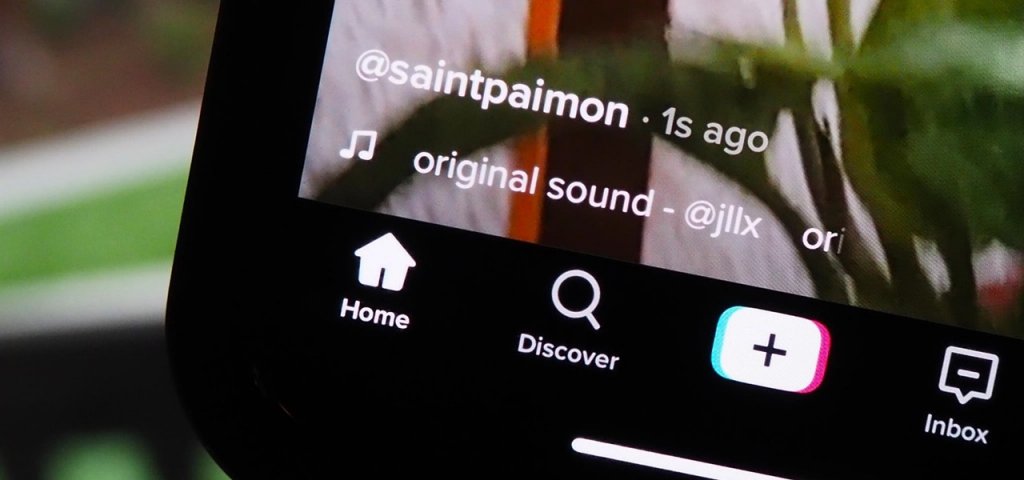Have you stumbled upon the when your card declines at therapy trend on TikTok, leaving you both intrigued and slightly concerned? Fear not because you are not alone! I’ve got you covered, my friend! Keep reading to learn more about this rib-tickling TikTok trend and why everyone’s talking about it.
TikTok is undoubtedly a storehouse of trends, from the surprising to the very strange. You might have heard about the looksmaxxing trend, which is about improving yourself, or the mog trend, which is about giving compliments. And don’t forget about the acoustic trend, which is about making fun of someone. But today, we are talking about something new – “when your card declines at therapy.” Trust me, it is a funny one!
So, get ready to explore the when your card declines at therapy trend on TikTok at length.
In This Article
All About the When Your Card Declines at Therapy Trend on TikTok

“When your card declines at therapy trend on TikTok” might seem funny at first glance, but it actually delves into deeper themes of trauma, healing, and societal expectations.
The core concept of the “when your card declines at therapy trend on TikTok” involves humorous hypothetical scenarios where someone’s payment method declines at the end of a therapy session. The joke then takes a turn, suggesting that instead of ending the session, the therapist dramatically confronts them with the source of their trauma.
Here is a breakdown of the meaning of “when your card declines at therapy trend on TikTok”:
- Facing Difficult Experiences: TikTokers participating in the trend often use it to share specific traumatic events or challenges they have faced in life, ranging from personal conflicts to complex family dynamics.
- Symbolic Confrontation: The declined payment represents a barrier to overcoming trauma. The therapist bringing in the source of trauma symbolizes the idea that confronting challenges is crucial for healing.
- Dark Humor and Social Commentary: The scenario’s absurdity adds a layer of dark humor, highlighting the emotional intensity of therapy and the societal pressures that can contribute to trauma.
The “When your card declines at therapy” trend uses humor to explore serious topics related to trauma, healing, and the societal factors that can influence them. It encourages viewers to reflect on their experiences and consider the importance of confronting challenges for personal growth.
Wrapping Up
Alright, the therapy session is over! We have studied the “when your card declines at therapy trend on TikTok” in detail. In this, we have uncovered its funny facade and explored the deeper themes it tackles. So, did it leave you laughing, thinking, or maybe both?
Want to explore more of TikTok’s fascinating trends and hidden meanings? Keep your finger on the pulse and visit Path of EX regularly. Our team of detectives is always digging up the latest trends. So, what are you waiting for? Click on that bookmark button and explore! ️
Frequently Asked Questions
1. What is the “When Your Card Declines at Therapy” Trend on TikTok?
The “When Your Card Declines at Therapy Trend on TikTok” is a humorous trend where people imagine their card getting declined at therapy, leading to a dramatic confrontation with the source of their trauma. It uses humor to explore themes of healing, societal pressures, and facing difficult experiences.
2. Is the When Your Card Declines at Therapy Trend on TikTok Supposed to Be Funny or Serious?
It is both! The trend uses dark humor to entertain, but also touches on real themes like facing past hurts, healing, and societal pressures.
3. Are the Stories People Share Real?
Not necessarily. Most are fictional scenarios used to explore deeper personal and societal issues. They serve as prompts for reflection, not necessarily personal accounts.
4. What Kind of Traumatic Experiences Do People Talk About?
It varies widely, ranging from common experiences like breakups and family issues to more serious topics like social anxiety and toxic relationships.
5. Is The When Your Card Declines at Therapy Trend on TikTok Making Light of Therapy?
Not at all! It highlights the importance of confronting challenges and seeking help for emotional well-being, using humor as a tool for engagement.




